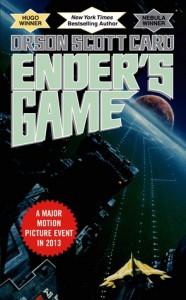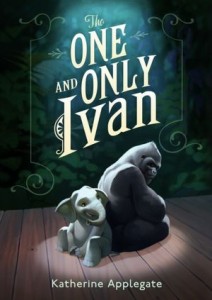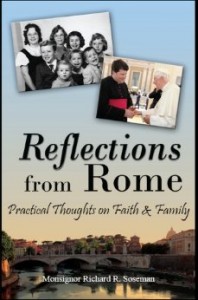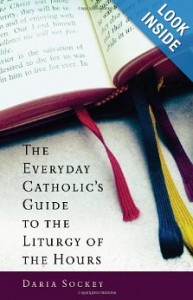Linking up with Modern Mrs. Darcy for her round-up of short, Twitter-style reviews of recent reads.
Grown-up reads:
 The Big Disconnect: Protecting Childhood and Family Relationships in the Digital Age by Catherine Steiner-Adair.
The Big Disconnect: Protecting Childhood and Family Relationships in the Digital Age by Catherine Steiner-Adair.
A sober must-read about digital age’s effect on families. Excellent advice based on research for parents can create a family culture that promotes intentional togetherness rather than just “giving in” to our digital age and all its distractions. She’s very explicit about the wide availability of porn to kids and terrible consequences of that. “The Sustainable Family” chapter is worth price of book. #highlyrecommended
 Among the Janeites: A Journey Through the World of Jane Austen Fandom by Deborah Yaffe.
Among the Janeites: A Journey Through the World of Jane Austen Fandom by Deborah Yaffe.
You must allow me to tell you how ardently I love and admire this literary “memoir” of sorts. Deborah Yaffe is a kindred spirit to me, similar in age, temperament, and obsession about Jane Austen before Jane was cool. She’s convinced me to do what my husband has long encouraged: join JASNA and attend a convention. #JaneAustenForever
Books my children and I have been reading, either together or apart:
Ender’s Game by Orson Scott Card.
We got this from the library after beach vacation, where young cousins were reading and loving. I’m generally not a fan of sci fi anyway, but I found this truly horrible & hard to get through. Graphically and psychologically violent. #degustibusIguess
The One and Only Ivan By Katherine Applegate.
Author and homeschool mom Melissa Wiley recommended this book, or I would have passed it by, suspecting an agenda. Once I got into the story, I cried openly. Good book. Good tears. #kidslovedittoo
Thanks to Anne at Modern Mrs. Darcy for hosting! I really enjoy getting to see what everyone is reading, as well as (briefly, thank goodness!) summarize what I’m reading.











